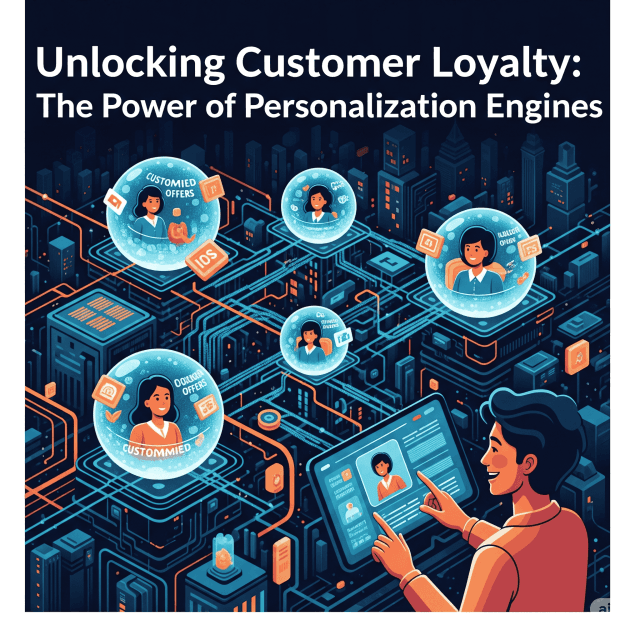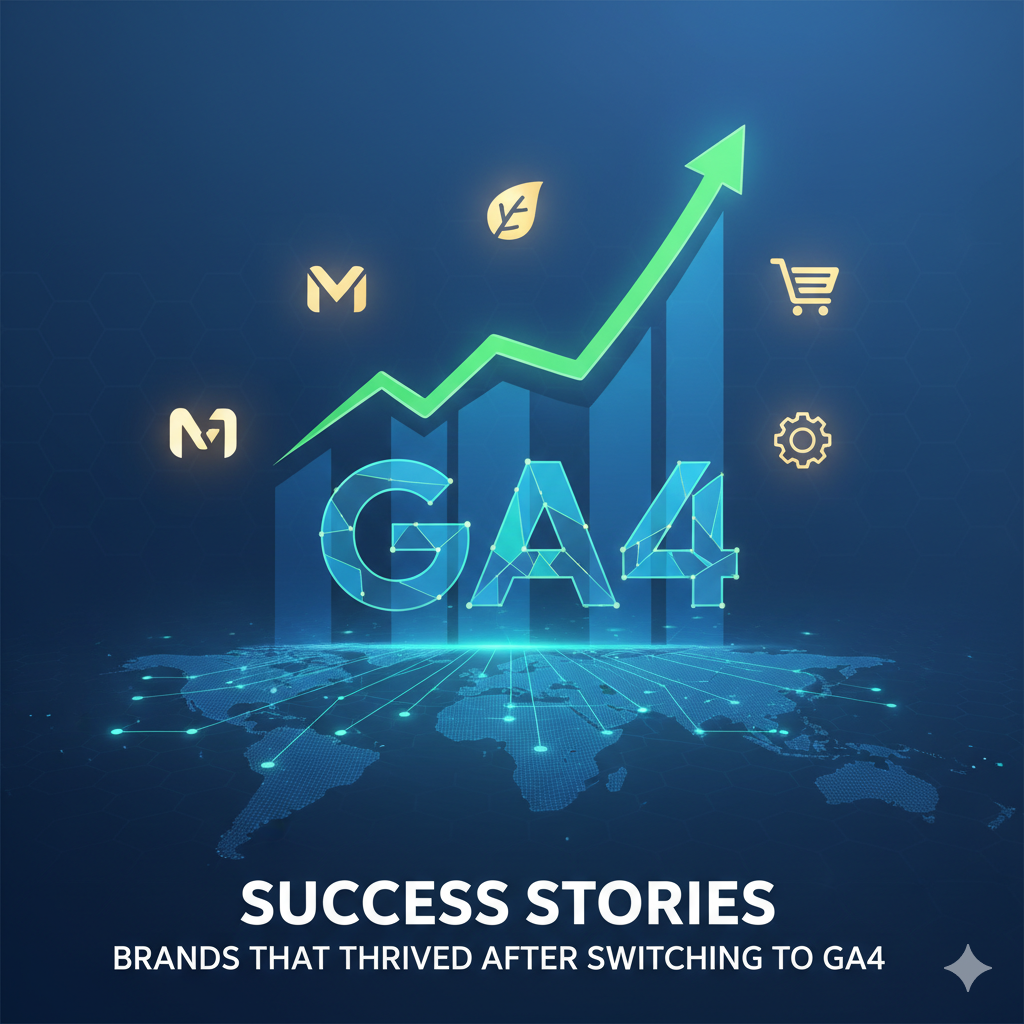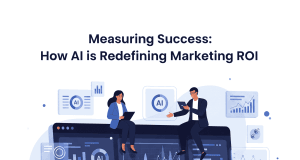In today’s competitive market, customers are inundated with choices. With options around every corner, one of the most pressing challenges for businesses is not simply attracting customers but retaining them. Enter personalization engines—a game-changing technology that offers tailored experiences to customers, enhancing satisfaction and loyalty.
The Importance of Customer Loyalty
Customer loyalty is more than just repeat purchases; it’s about creating a deep, emotional connection with consumers. Loyal customers not only give businesses consistent revenue but also become brand advocates, referring others and promoting the brand on social media. According to studies, retaining an existing customer can be five to twenty-five times cheaper than acquiring a new one. This makes enhancing customer loyalty a priority.
What Are Personalization Engines?
Personalization engines are advanced algorithms and technologies designed to analyze data and customize the customer experience across various touchpoints. These systems use insights from customer behavior, preferences, and purchase history to create relevant and engaging experiences in real time.
Key Features of Personalization Engines
- Data Analysis: Collecting and analyzing customer data is the backbone of personalization. This data includes demographics, past interactions, and behavioral insights.
- Segmentation: Personalization engines can group customers based on similar characteristics or behaviors, allowing businesses to target specific segments with tailored messages or offers.
- Recommendation Systems: Whether it’s suggesting products or content, recommendation algorithms play a crucial role in enhancing the shopping experience, driving higher conversion rates and average order values.
- Dynamic Content Delivery: Personalization engines enable businesses to deliver dynamic content tailored to each customer, whether through emails, websites, or in-app notifications.
The Impact of Personalization on Customer Loyalty
- Enhanced Customer Experience: By offering relevant and personalized experiences, businesses can significantly improve customer satisfaction. When customers feel understood and valued, they are more likely to continue engaging with a brand.
- Increased Engagement: Personalization leads to higher engagement rates. Relevant content and offers capture attention and inspire action, driving customers back to the brand repeatedly.
- Improved Trust and Affinity: Customers appreciate brands that acknowledge their unique needs. By consistently delivering personalized experiences, businesses build trust and foster a sense of affinity.
- Greater Customer Lifetime Value (CLV): Personalized experiences encourage customers to spend more over their lifetime with a brand. According to research, businesses that invest in personalization see significant increases in customer lifetime value.
Challenges in Implementing Personalization Engines
While the benefits are clear, implementing personalization engines is not without challenges:
- Data Privacy Concerns: With heightened awareness around data privacy, businesses need to ensure compliance with regulations such as GDPR while collecting and using customer data.
- Integration with Existing Systems: Personalization engines must seamlessly integrate with existing CRM systems, eCommerce platforms, and marketing tools, which can be technically challenging.
- Continuous Optimization: Personalization is not a set-it-and-forget-it strategy. Businesses must continually analyze performance metrics and optimize their strategies to keep up with evolving customer preferences.
Best Practices for Leveraging Personalization Engines
- Start with Customer Segmentation: Before diving deep into personalized content, begin by properly segmenting your audience based on available data.
- Use A/B Testing: Test different personalized approaches to determine which resonates most with your audience. This data-driven strategy will enhance effectiveness.
- Embrace Omnichannel Personalization: Ensure a consistent personalized experience across all channels—web, mobile, email, and in-store.
- Respect Customer Privacy: Be transparent about data collection and usage, and provide easy options for customers to opt-out if they wish.
- Invest in Technology: Choose robust personalization platforms that offer scalability and flexibility to adapt to changing market dynamics and customer expectations.
Conclusion
In an age where generic marketing messages fall flat, personalization engines offer businesses the tools to forge meaningful connections with their customers. By leveraging data-driven insights to create tailored experiences, brands can unlock customer loyalty, increase engagement, and drive sustainable growth. As more companies recognize the value of personalization, those who adopt and optimize these technologies will undoubtedly lead the pack in customer loyalty and satisfaction. Embrace this transformative approach and watch as your brand’s loyalty landscape shifts dramatically for the better.









